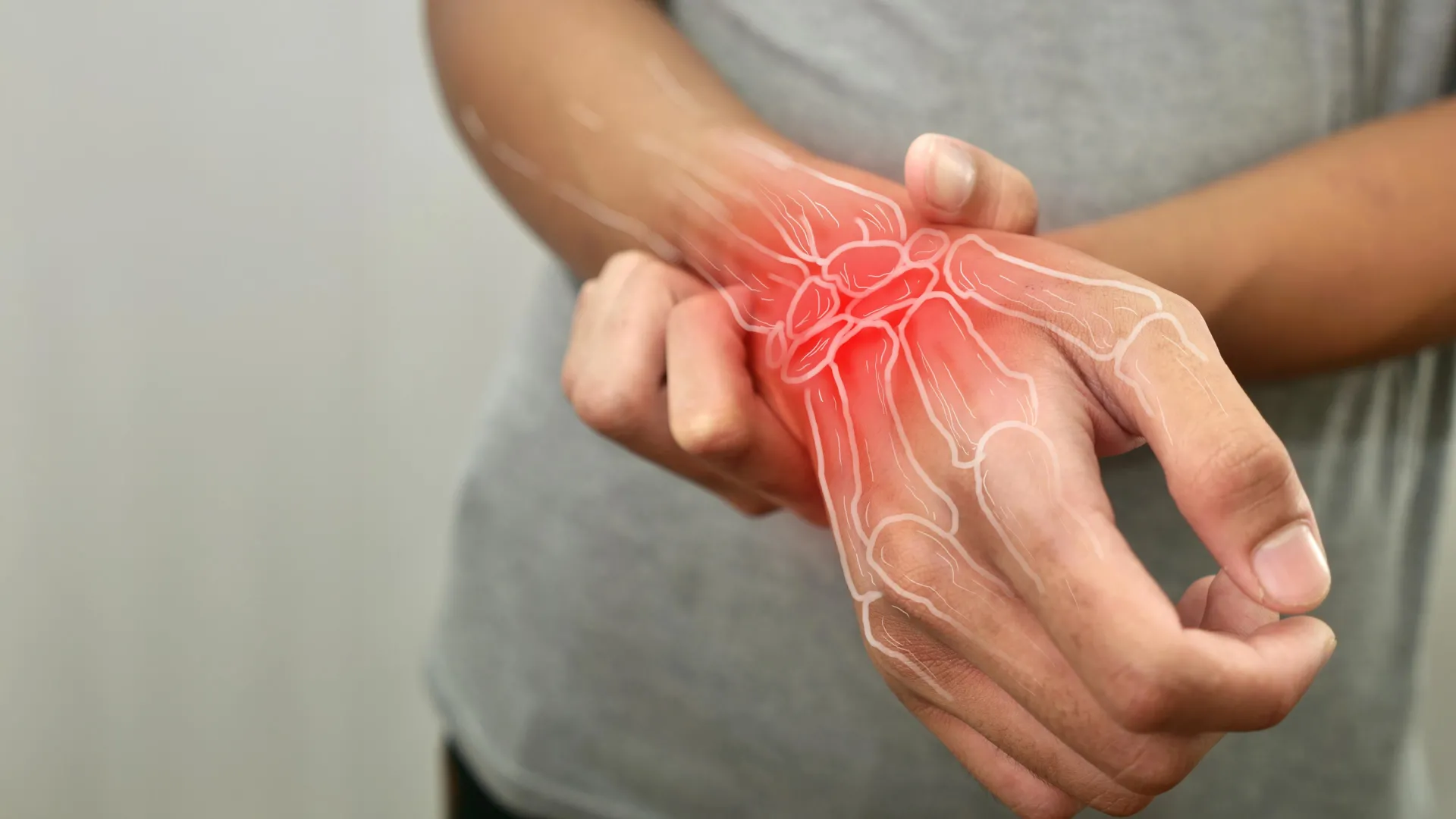As more women navigate the complexities of aging, insights from experts like Dr. Adaeze Udezue, a geriatrician at Sutter Health in Novato, shed light on the interplay between menopause and overall well-being. With a patient base ranging from ages 18 to 99, Dr. Udezue emphasizes that aging transcends biological changes; it is a personal journey shaped by individual experiences.
Dr. Udezue’s practice adopts a holistic approach, integrating the physical, emotional, and environmental aspects of health. In her office, she proudly displays a “Wall of Fame,” featuring patients who have reached the remarkable age of 90 and beyond, showcasing that aging can be a vibrant and fulfilling experience.
Menopause, a significant life stage for women, is particularly important in Dr. Udezue’s practice. Occurring typically between the ages of 45 and 55, with an average onset around 52, menopause signifies the end of the reproductive phase driven by a decline in hormones such as estrogen and progesterone. Recently, Dr. Udezue has observed an unsettling trend: women entering menopause earlier, sometimes in their mid-30s. She attributes this shift to chronic stress and lifestyle disruptions that challenge natural biological rhythms.
As women approach their 50s, they often confront numerous changes, including slower recovery from injuries, increased fatigue, and noticeable shifts in skin elasticity. Dr. Udezue notes that these adjustments can be more pronounced in women, largely due to the protective effects of estrogen and progesterone, which she refers to as “female superpowers.”
Estrogen plays a crucial role in maintaining various aspects of health, including skin elasticity, bone density, and emotional stability. In contrast, progesterone aids in mood regulation and promotes restful sleep. The decline of these hormones can lead to notable changes in personality and relationships, often humorously described by partners as a shift in behavior, which Dr. Udezue terms the “crankiness index.”
To promote healthy aging, Dr. Udezue recommends focusing on both internal and external environments. The internal environment encompasses what individuals consume, including food and information, while the external environment includes social connections and living conditions. These factors profoundly influence health outcomes.
Despite making positive lifestyle choices, many women still require additional support. The hypothalamus-pituitary-adrenal (HPA) axis, responsible for hormonal balance, becomes crucial in managing stress and overall well-being. When overwhelmed, the HPA axis can lead to various health challenges.
Dr. Udezue strongly advocates for menopause hormone therapy (MHT) as part of a comprehensive anti-aging strategy. This therapy extends beyond alleviating common symptoms like hot flashes; it aims to preserve the hormonal advantages that contribute to longevity and vitality. Properly administered MHT can help women maintain bone density, cognitive function, cardiovascular health, and emotional stability.
Recognizing that nature has equipped women with the dual gifts of reproduction and longevity, Dr. Udezue underscores the importance of understanding and supporting hormonal balance. By doing so, women can not only navigate menopause but also thrive during this transformative period.
Ultimately, aging is an inevitable aspect of life. Yet, as Dr. Udezue states, “how we age is a choice.” With the right tools, support, and mindset, women have the opportunity to embrace this chapter of their lives with dignity, strength, grace, and confidence.







